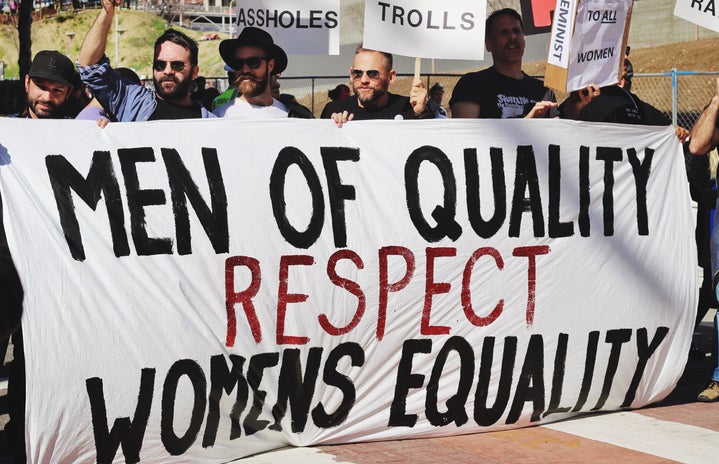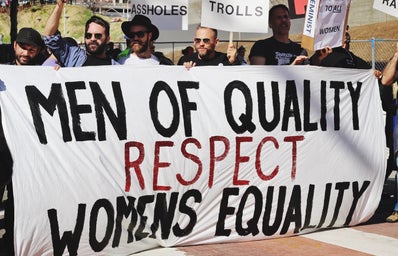– Muskaan Lalchandani
The representation of men on screen has a significant impact on how society perceives and understands masculinity. For too long, Indian films have perpetuated traditional gender stereotypes, portraying men as hyper-masculine, dominant, and aggressive. While there have been some positive changes in recent years, with more films featuring nuanced and complex male characters, there is still a long way to go. In the realm of contemporary cinema, there is a compelling case to be made for the increased presence of feminist male characters on screen.
This argument finds resonance not only in the context of Indian films but also within the global cinematic landscape. The portrayal of men who align themselves with feminist ideals serves not only as a reflection of societal progress but also as a means to challenge prevailing norms and stereotypes.
Consider Dr. Jehangir Khan, portrayed by Shah Rukh Khan in “Dear Zindagi.” Dr. Khan embodies a character who, through his interactions, demonstrates an empathetic understanding of women’s struggles and challenges. His portrayal challenges traditional gender roles, depicting a man who actively listens, nurtures, and supports his female clients. This character subverts the conventional portrayal of male protagonists and contributes to a discourse where emotional intelligence is not limited by gender.
Similarly, Jauhari Ji, portrayed by Vijay Raaz in “Made in Heaven,” exemplifies the importance of feminist male characters. Jauhari Ji recognizes the agency of women in making choices about their own lives, marriage, or career. He encourages his wife to be independent – both financially and in life. His character challenges patriarchal norms and supports women in their pursuit of self-determination.
In “Piku,” the character Bashkor Banerjee, portrayed by Amitabh Bachchan, provides yet another compelling example. As an aging father, Bashkor defies traditional expectations of masculinity by being emotionally vulnerable, dependent on his daughter, and unafraid to express his ailments. He is also respectful of Piku’s independence and her right to make her own choices – and raises her to be not emotionally or financially dependent on anyone.
The presence of such characters offers a counter-narrative to prevailing norms and promotes discussions around gender equality and empowerment. Furthermore, the inclusion of feminist male characters is not a mere artistic choice; it aligns with broader societal changes. By portraying men who champion feminism, filmmakers contribute to the ongoing dialogue surrounding gender equality, reflecting changing attitudes in society.


